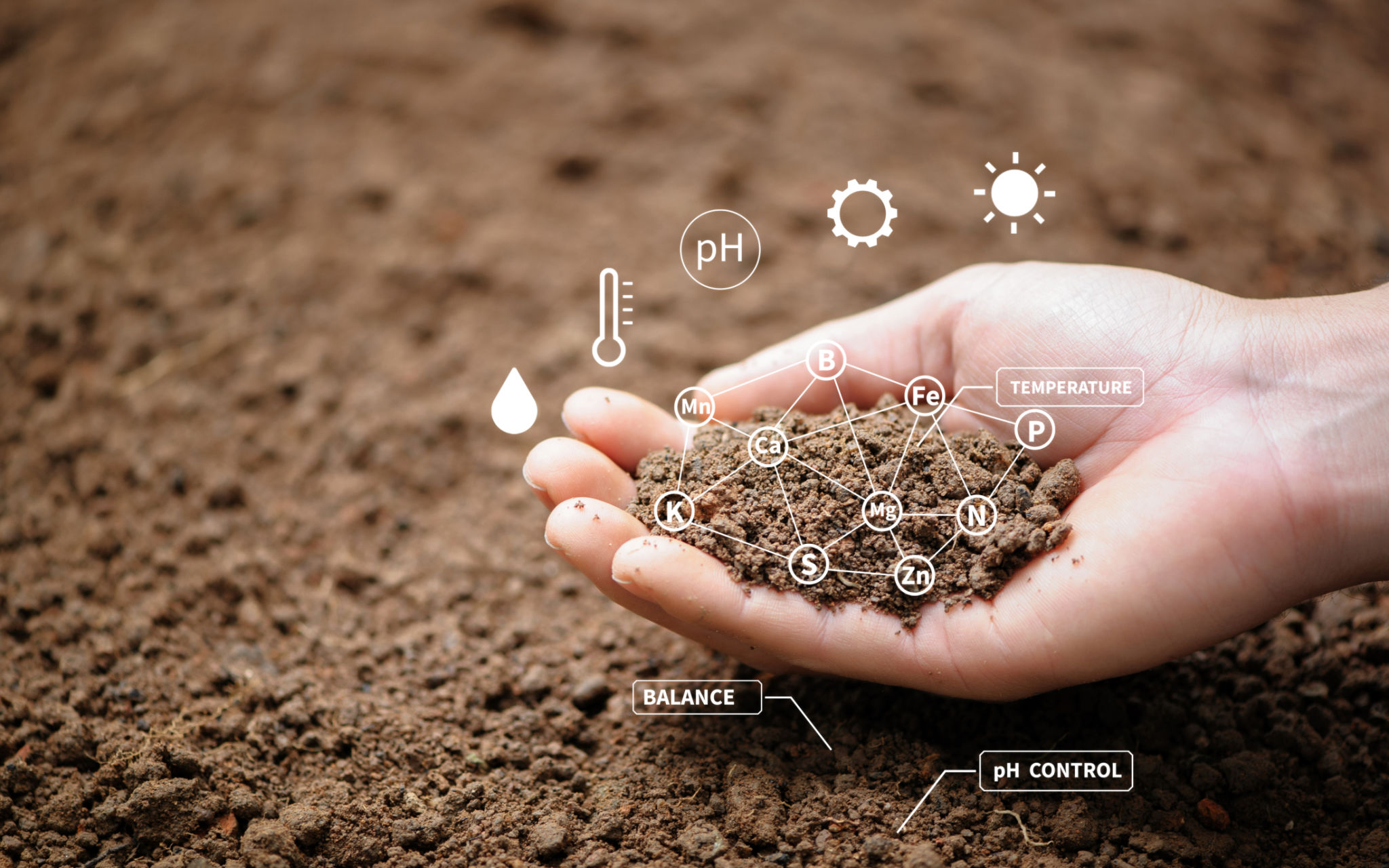Understanding the Importance of Soil Testing Before Construction
Introduction to Soil Testing
Before embarking on any construction project, it's essential to understand the ground upon which your structure will stand. Soil testing plays a crucial role in ensuring the safety, stability, and longevity of a building. This process involves analyzing the soil to determine its physical and chemical properties, which can significantly influence construction decisions.

Why Is Soil Testing Important?
The importance of soil testing cannot be overstated. It provides critical data that helps in making informed decisions regarding construction methods and materials. For instance, soil with high clay content might require different foundation techniques compared to sandy soil. Understanding these properties helps in minimizing potential risks and costly repairs in the future.
A comprehensive soil test can reveal potential issues such as poor drainage, soil contamination, and the presence of expansive clays. These factors can affect the structural integrity of a building if not addressed properly. Hence, conducting soil tests before construction is a proactive measure to ensure safety and durability.
The Soil Testing Process
The process of soil testing involves several steps, starting with sample collection. Geotechnical engineers collect soil samples from various depths and locations on the construction site. These samples are then analyzed in laboratories to assess their composition and properties.
- Moisture content: Determines how much water the soil can hold.
- Compaction: Assesses how well the soil can be compacted to support structures.
- Permeability: Measures how easily water can pass through the soil.

Impact on Foundation Design
One of the most significant aspects of soil testing is its impact on foundation design. The type of soil present at a site determines the kind of foundation that should be used. For example, sites with unstable or weak soils might require deeper foundations or specialized engineering solutions to ensure stability.
By understanding soil characteristics, engineers can design foundations that are both cost-effective and reliable. This not only optimizes construction costs but also enhances the safety and longevity of the structure.
Environmental Considerations
Soil testing also plays a vital role in environmental considerations. Identifying contaminated soils early in the construction process allows for proper remediation measures to be implemented, preventing potential environmental hazards. This ensures compliance with environmental regulations and protects the surrounding ecosystem.

Cost Implications of Soil Testing
While some might view soil testing as an additional expense, it is a wise investment that can save money in the long run. By identifying potential issues early, developers can avoid costly changes and repairs after construction has begun. Moreover, ensuring that a building is constructed on a solid foundation reduces maintenance costs over its lifespan.
The cost of soil testing is relatively minor compared to the potential financial losses that could arise from ignoring this crucial step in the construction process.
Conclusion
In conclusion, soil testing is an indispensable part of the construction process. It provides valuable insights into the characteristics of the soil, guiding engineers and developers in making informed decisions that affect the safety and success of their projects. By investing in thorough soil testing, you lay a strong foundation for your construction project, ensuring it stands the test of time.
